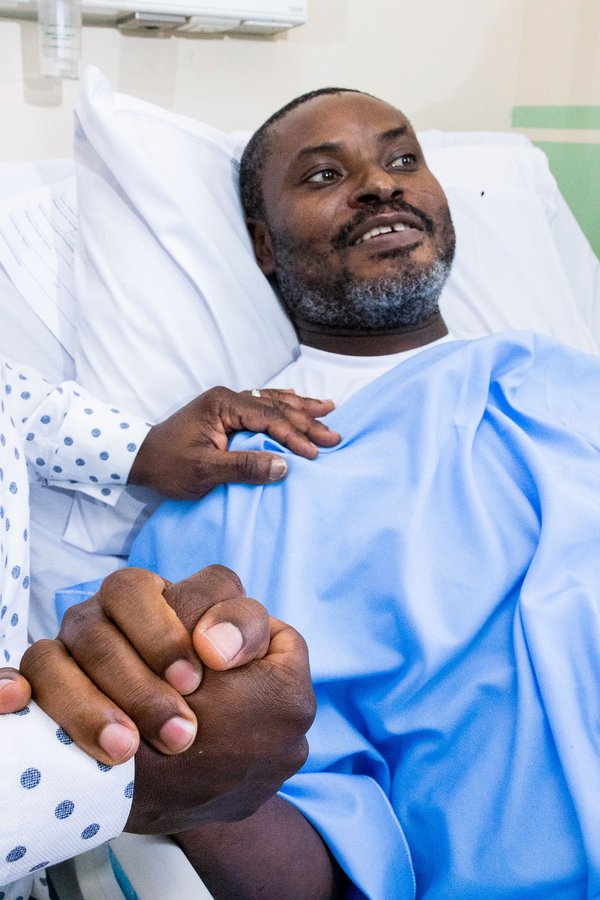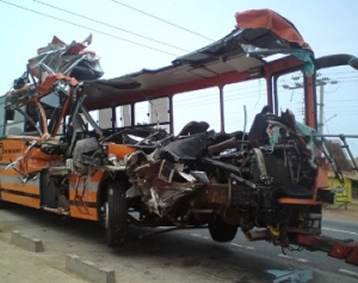
- Communications Director for the New Patriotic Party (NPP), Richard Ahiagbah, has spoken out about his recent stay at the Komfo Anokye Teaching Hospital (KATH), revealing the deficiencies in Ghana’s healthcare system. This follows his discharge from KATH after battling for his life following a vehicle accident on Saturday, 27th July 2024, on the Kumasi-Accra highway near Aduapompo.
Reflecting on his experience, Ahiagbah highlighted the challenges and prospects within Ghana’s healthcare system. He announced the creation of the Turning Point Foundation, which he stated will promote a people-centred, outcome-driven health policy regime in Ghana.
Fighting to hold on to dear life at KATH has been very frightening and painful. But through it all, I have learned firsthand the extreme deficiencies and prospects of Ghana’s healthcare delivery system. From this experience will arise the Turning Point Foundation to promote a people-centred, outcome-driven health policy regime in Ghana, Ahiagba shared.

He further pledged his support to advocate for improvements in the hospital and the broader healthcare system to benefit all Ghanaians.
To Komfo Anokye Teaching Hospital (KATH), led by the dynamic Prof. Addai-Mensah, I owe a debt of support and advocacy to ensure that KATH continues to improve healthcare outcomes for Ghanaians, he added.
Ahiagbah also expressed his gratitude to God and to the many people who supported him through prayers and well-wishes. He commended the medical team at KATH for their exceptional care.
To the dedicated team led by Dr Charles K. Dally, the catalyst; Dr Otu Boateng, the signature man; Dr Roland Azorliade, the wise one; and Professor Peter Ambe, latter-day addition to the team, and the host of nurses, I say God bless you for doctoring and nursing me back onto my feet, Ahiagbah stated.
Ghana’s healthcare system faces significant challenges, including inadequate funding, infrastructure deficits, and a shortage of medical personnel, particularly in rural areas. These issues have resulted in disparities in access and quality of care, with many facilities lacking essential equipment and trained staff.
Read Full Story














Facebook
Twitter
Pinterest
Instagram
Google+
YouTube
LinkedIn
RSS